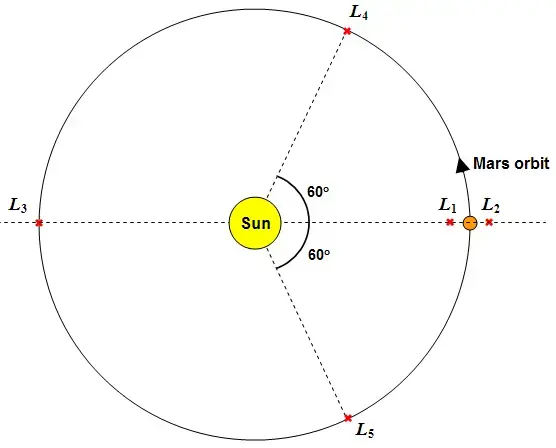By Albert Burneko
9:00 AM EDT on September 11, 2024
Mars does not have a magnetosphere. Any discussion of humans ever settling the red planet can stop right there, but of course it never does. Do you have a low-cost plan for, uh, creating a gigantic active dynamo at Mars’s dead core? No? Well. It’s fine. I’m sure you have some other workable, sustainable plan for shielding live Mars inhabitants from deadly solar and cosmic radiation, forever. No? Huh. Well then let’s discuss something else equally realistic, like your plan to build a condo complex in Middle Earth.
…


Solar panels would be my guess, though you can always build a space based nuclear reactor if you can refuel it and get rid of its waste.
It would certainly need a lot more to figure out an actual feasible plan, but I don’t think there’s anything fundamentally impossible about doing it with today’s technology, let alone the future’s.
Mars gets roughly half the light of Earth, so I don’t think Solar panels would be realistic (how much solar panel surface would you need to power a magnet of that size?)
I’m also not sure a nuclear reactor is realistic - forget the nuclear waste, how do you get rid of the heat waste?
You’d need quite a big magnet operating at a level akin to superconducting magnets in particle accelerators.
Perhaps someone could calculate more accurate numbers and feasibility, but to me, it currently sounds very out of reach for us (not impossible, mind you).
Earth is 93 million miles from the Sun, but Mars L1 Lagrange point is only 2.2million km, in addition to not having atmospheric interference. They would actually be far more effective than Earth based solar panels.
If anything you might have the opposite problem
This is false. https://www.wolframalpha.com/input?i=Lagrangian+points+of+mars L1 is 137Million Miles from the sun. Though it is only 650,000 miles from Mars, which is probably where you are getting your 2.2million Km from.
I… don’t think that’s true? The L1 point is fairly close (in solar system scale) to the planet.
Why oh why did you change from miles to km? :(
Superior SI unit.
I’m not hating on km… I’m hating on listing one distance in miles then the next one in km. I don’t care which system they used, I care that the two numbers we are supposed to compare are in different units. :(
Ahhhhh.
Yes I see. That does make sense.
deleted by creator